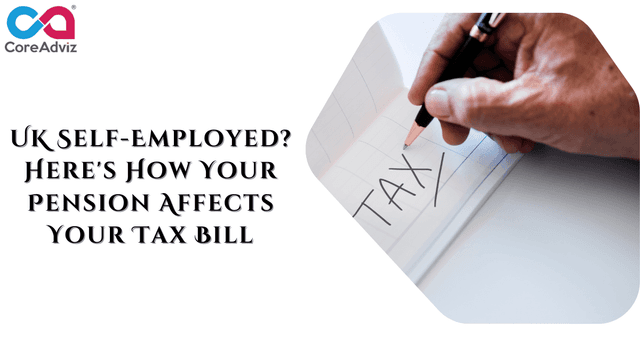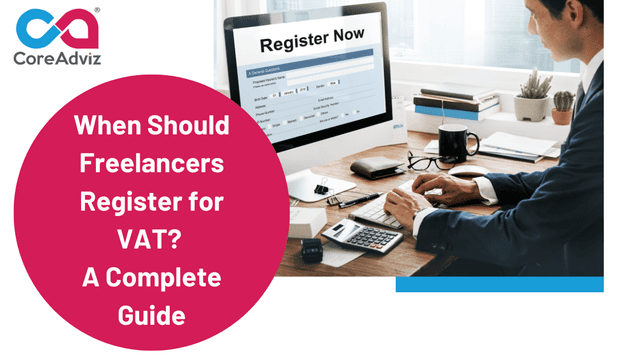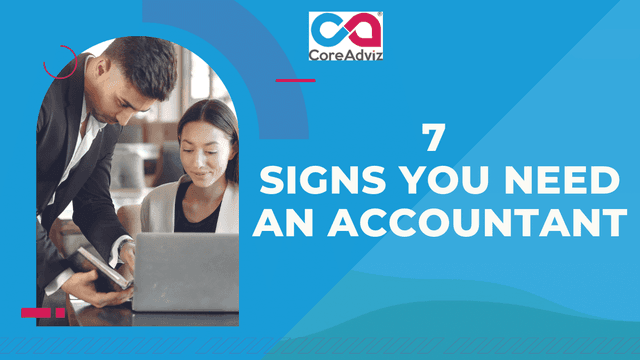
HomeBlog How To Manage Pension Contributions Effectively
How To Manage Pension Contributions Effectively
Kausik MukherjeePension
While planning for retirement is important for financial management, many people forget to manage their pension contributions. It does not matter whether they are self-employed or running a business; effective management of pension contributions is vital for wealth building. So, if you are a UK resident currently working, read the blog to learn some tips on managing pension contributions effectively.
Understand the Types of Pensions and Their Arrangements
First, you need to know that there are two ways of getting a pension after retirement. While one is the most obvious i.e. the state pension where you can get a pension amount from the UK government, the second one is the private pension that you can receive from a workplace pension scheme of your employer. In any of these cases, you must realize that you may need more money after your retirement because of reasons like inflation impact, rising healthcare costs, etc.
Again, your contributions can be handled either by a net pay arrangement where pension contribution is deducted before any tax on your salary and the other one is relief at source in which contributions are taken after tax. Unless you develop a basic understanding of the types of pension and their arrangements, you can’t take the best course of action to manage them.
Regularly Review Your Pension Statements
It is important to review your pension statements regularly to adjust your contributions to minimize the impact of inflation. This also helps to understand how much you can save in case of a life event such as a salary hike, financial commitments, etc. Reviewing statements ensures you are not losing track of old pensions or contributing too little overall.
Take Advantage of Employer Contributions
Did you know under auto-enrolment rules, your employer must contribute at least 3% of your qualifying earnings? While this seems to be less compared to your contribution as an employee, you can still try to negotiate or check your company’s pension policy. Even some business owners contribute to employee pension pot for talent retention in the long run and of course, decrease their corporation tax liability.
Explore the Option of Salary Sacrifice
If you are in a higher tax bracket, sacrificing your salary to build a large retirement fund can be one of the best options. With salary sacrifice, there is no need to pay any income tax on the amount sacrificed for the pension pot, and your taxable salary also becomes lower.
Diversify Your Pension Investments
Most pension providers allow you to choose how your pension is invested. Depending on your risk appetite, you can allocate funds into stocks and shares, property, index funds, and bonds.
Refrain from Choosing an Early Pension Access
While you can access your pension before your standard age i.e. between 60 and 65, refrain from doing so because this can lead to significant tax charges. Be wary of companies offering early access schemes and consult a financial adviser before making any decision. Also, stay informed about the changing pension regulations.
Try to seek advice from an experienced accountant with an immense knowledge of the tax landscape. In the UK, many accountancy firms have a team of experienced and skilled accountants to cater for your needs. They not only help in devising investment strategies but also help in managing the pension contributions of their clients.


